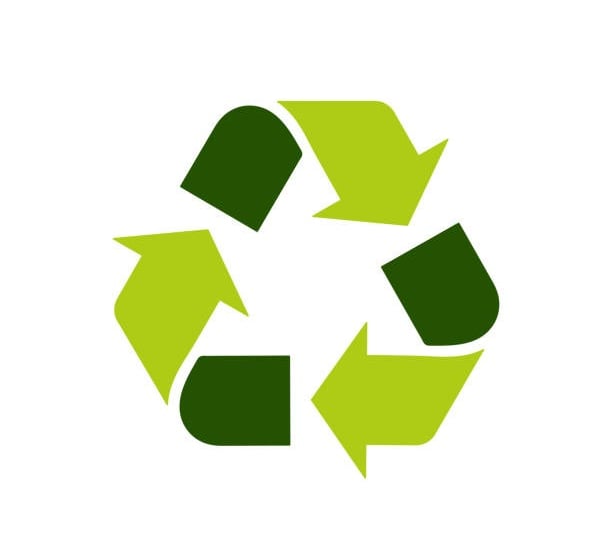
ECOLOGICAL Ü/R PRODUCT CERTIFICATIONS
Ecological Product/Service Certifications are documents that verify that products or services meet specific environmental criteria and demonstrate a reduced negative impact on the environment. These documents are issued by independent and authorized certification bodies after evaluating the environmental impacts of the product or service throughout its life cycle (from raw material sourcing to waste management).
Objectives of Ecological Product/Service Certifications:
Promote Environmentally Friendly Production and Consumption: Encourage the production and consumption of products and services with reduced environmental impacts.
Raise Consumer Awareness: Provide consumers with information to help them consider environmental factors when making purchasing decisions.
Support Sustainable Development: Contribute to the protection of natural resources, the continuity of biodiversity, and the fight against climate change.
Facilitate Access to Green Markets: Help environmentally friendly products and services gain a competitive advantage in the market and access green markets.
Improve Companies' Environmental Performance: Encourage companies to improve their production processes and products from an environmental perspective.
Types of Ecological Product/Service Certifications:
Ecological certifications are issued according to different standards and criteria for different product and service groups. Some of the most common types of ecological certifications include:
Eco-Labels: Labels that indicate that products or services meet the environmental criteria set for a specific product group. Well-known examples include the EU Ecolabel (European Union Ecolabel), Nordic Swan, Blue Angel, and the Turkey Environmental Label.
Organic Farming Certificates: Certificates that document that agricultural products are produced according to organic farming methods. These certificates guarantee a production process where the use of synthetic fertilizers, pesticides, and GMOs is prohibited, and soil and water resources are protected. In Turkey, organic farming is certified by organizations authorized by the Ministry of Agriculture and Forestry.
Energy Efficiency Labels: Labels that indicate the energy efficiency classes of electrical and electronic devices. These labels help consumers choose products that consume less energy and therefore have less impact on the environment. The European Union Energy Label is a common example.
Sustainable Forest Management Certificates: Certificates that document that forest products are obtained from forests managed according to sustainable forestry principles. FSC (Forest Stewardship Council) and PEFC (Programme for the Endorsement of Forest Certification) are the best-known examples.
Recycled Content Certifications: Documents that verify that products contain a certain percentage of recycled materials.
Carbon Footprint Certifications: Documents that show the amount of greenhouse gas emissions caused by products or services throughout their life cycle.
How to Obtain an Ecological Product/Service Certification?
The ecological certification process varies depending on the type of certification and the relevant standard. It generally includes the following steps:
Application: The producer or service provider applies to the relevant certification body.
Preliminary Assessment: The application and provided information are reviewed by the certification body.
Inspection: Production facilities or service delivery processes are inspected on-site by the certification body.
Laboratory Tests: If necessary, products are tested in accredited laboratories.
Evaluation and Certification: Inspection and test results are evaluated, and if found suitable, the ecological certificate is issued.
Surveillance Audits: Periodic surveillance audits are conducted to maintain the validity of the certificate.


Benefits of Ecological Certification:
Environmental Benefits: Contributes to the protection of natural resources, reduction of pollution, conservation of biodiversity, and the fight against climate change.
Consumer Confidence: Assures consumers that the product or service is environmentally friendly.
Market Advantage: Enables reaching environmentally conscious consumers and gaining a competitive edge in the market.
Brand Image: Enhances the company's image as an environmentally responsible brand and improves its reputation.
Legal Compliance: In some cases, demonstrates compliance with legal regulations.
Contribution to Sustainable Development: Promotes the adoption of sustainable production and consumption models.
Contact Us to Begin Your Ecological Product Certification Process.
We offer affordable and effective solutions tailored to your needs.
The information presented on this website does not constitute legal advice and is intended for informational purposes only. KompassEurope.com.tr assumes no responsibility for any errors or omissions in the information contained on this website. Any decisions made or actions taken by the reader based on this information are solely at the reader's own risk, and KompassEurope.com.tr shall not be held liable for any legal consequences arising from such decisions or actions. Readers are strongly advised to seek professional legal counsel regarding their specific circumstances and concerns.
© 2025 Kompass Europe. All rights reserved. The contents of this website belong to Kompass Europe and are protected by copyright laws. Copying, publishing, distributing or any commercial use of the information on the website is possible only with written permission. By using this site, you agree to our Terms of Use and Privacy Policy.
